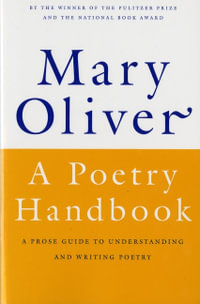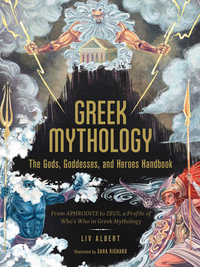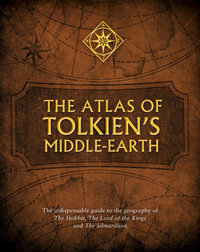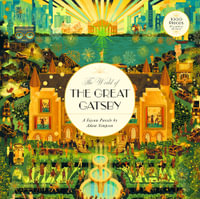This handbook represents the interdisciplinary and international field of "cultural memory studies" for the first time in one volume. Articles by renowned international scholars offer readers a unique overview of the key concepts of cultural memory studies. The handbook not only documents current research in an unprecedented way; it also serves as a forum for bringing together approaches from areas as varied as sociology, political sciences, history, theology, literary studies, media studies, philosophy, psychology, and neurosciences. "Cultural memory studies" - as defined in this handbook - came into being at the beginning of the 20th century, with the works of Maurice Halbwachs on memoire collective. In the course of the last two decades this area of research has witnessed a veritable boom in various countries and disciplines. As a consequence, the study of the relation of "culture" and "memory" has diversified into a wide range of approaches. This handbook is based on a broad understanding of "cultural memory" as the interplay of present and past in sociocultural contexts. It presents concepts for the study of individual remembering in a social context, group and family memory, national memory, the various media of memory, and finally the host of emerging transnational lieux de memoire such as 9/11.
Industry Reviews
"All said, this handbook is highly recommended, providing as it does an illustrative overview of both the opportunities and difficulties inherent in such a multidisciplinary, internationally populated field."Daniel Mai in: KULT_online 22/2010 "Mit seiner internationalen Bilanz weist dieser Band auf jeden Fall nach, dass das kulturelle Gedachtnis eines jener "Konvergenzfelder" ist, auf dem der interdisziplinare Austausch ebenso anregend wie weiterfuhrend sein kann."Malte Thiessen in: http://hsozkult.geschichte.hu-berlin.de/rezensionen/2009-1-061 "Die konzise und pragnant gehaltenen Beitrage des Handbuches spiegeln den aktuellen Forschungsstand, regen mit ihren Literaturhinweisen zur weiteren Beschaftigung und Auseinandersetzung mit Fragen der Forschung zum kulturellen Gedachtnis an. [...]Das kollektive Gedachtnis und seine Wirkungsweisen sind zu Recht ein bevorzugtes Arbeitsgebiet einer modernen Kulturwissenschaft, wie das vorliegende Handbuch trefflich zeigt."Till Kinzel in: Informationsmittel (IFB) 1-2/2008
























